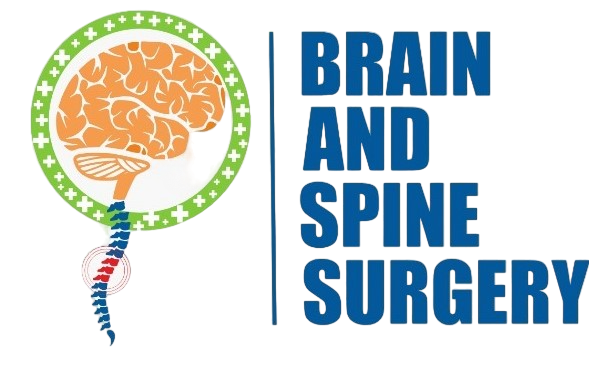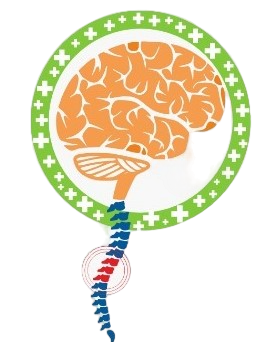Living with a neurological condition can be challenging, both for the patient and their loved ones. Fortunately, advancements in medical technology offer new hope for managing some of these conditions. Deep brain stimulation surgery is a revolutionary procedure that can significantly improve the quality of life for patients with specific movement disorders and certain psychiatric conditions.
What is Deep Brain Stimulation (DBS)?
DBS is a surgical procedure that uses implanted electrodes to deliver electrical pulses to specific areas of the brain. These electrical signals help regulate abnormal brain activity that contributes to symptoms like tremors, stiffness, and involuntary movements.
What conditions can Deep Brain Stimulation improve?
While DBS isn’t a cure-all, it can significantly improve the quality of life for patients with:
1. Parkinson’s disease: Tremors, rigidity, slowness of movement, and difficulty walking are common symptoms. DBS can significantly reduce these, allowing for greater independence
2. Essential tremor: This uncontrollable shaking of the hands, head, or voice can significantly impact daily activities. DBS can dramatically improve tremor control.
3. Dystonia: Abnormal muscle contractions that cause twisting postures and tremors. DBS can help manage these symptoms, offering significant relief from pain and disability.
4. Epilepsy: For patients with uncontrolled seizures who haven’t responded to medication. DBS can be a potential option to reduce seizure frequency and severity.
5. Obsessive-compulsive disorder (OCD): DBS can be effective for severe, treatment-resistant OCD, helping to manage intrusive thoughts and repetitive behaviors.
How does DBS work?
During DBS surgery, a neurosurgeon implants thin electrodes deep within the brain, targeting the areas responsible for the specific symptoms. These electrodes are connected to a pacemaker-like device placed under the collarbone, which sends electrical pulses to modulate brain activity.
The settings of the stimulator can be adjusted by a neurologist to optimize symptom control with minimal side effects. Deep brain stimulation is not a cure, but it can significantly improve a patient’s quality of life by reducing tremors, stiffness, and involuntary movements.
Is DBS right for me?
DBS is a complex treatment, and not everyone is a candidate. A team of specialists, including neurologists, neurosurgeons, and psychiatrists, will carefully evaluate your medical history, symptoms, and overall health to determine if DBS is a viable option. Here are some additional factors that may influence your candidacy:
1. Severity of symptoms: DBS is typically considered for patients whose symptoms are not adequately controlled by medication or other therapies.
2. Age and overall health: DBS is generally safe for patients in good health, but age and other medical conditions may be taken into account.
3. Location of the targeted brain area: The success of DBS depends on precisely targeting the area responsible for the symptoms.
How Effective is DBS?
The effectiveness of DBS varies depending on the condition being treated. However, many patients experience a significant reduction in symptoms and an improved quality of life.
Benefits of DBS:
1. Reduced symptoms: DBS can significantly improve symptoms, allowing for improved mobility, reduced tremors, and a better quality of life.
2. Minimally invasive: Compared to traditional brain surgery, DBS is a minimally invasive procedure with shorter recovery times.
3. Adjustable: The stimulation settings can be adjusted by a doctor to optimize symptom control.
Frequently Asked Questions (FAQs):
01. What are the risks of DBS surgery?
As with any surgery, DBS carries risks such as infection, bleeding, or stroke. However, these risks are relatively low with advancements in surgical techniques. During your consultation with a DBS specialist, they will discuss the potential risks and benefits in detail, allowing you to make an informed decision.
02. What are the side effects of DBS?
Some patients may experience temporary side effects like tingling, speech difficulties, or balance problems. These are typically adjustable through stimulation settings. Your DBS team will closely monitor you and adjust the settings as needed to minimize side effects.
03. What can I expect after DBS surgery?
There will be a recovery period from DBS surgery, typically a few days in the hospital. After that, you will work with your DBS team to fine-tune the stimulation settings to achieve optimal symptom control. Most patients experience gradual improvements over time as the settings are optimized. Your DBS team will continue to monitor you and adjust the settings as needed.
04. How long does the battery in the DBS device last?
The battery in the stimulator device typically lasts 3-5 years and can be replaced in a minor outpatient procedure. Your DBS team will monitor the battery life and schedule a replacement procedure when necessary. Remember, Deep Brain Stimulation is a highly personalized treatment. It’s important to discuss your individual situation with your doctor to see if it’s the right path forward for you.
Disclaimer: Remember, this blog post is for informational purposes only and should not be a substitute for professional medical advice. Always consult with your healthcare provider for diagnosis and treatment



Leave a Reply